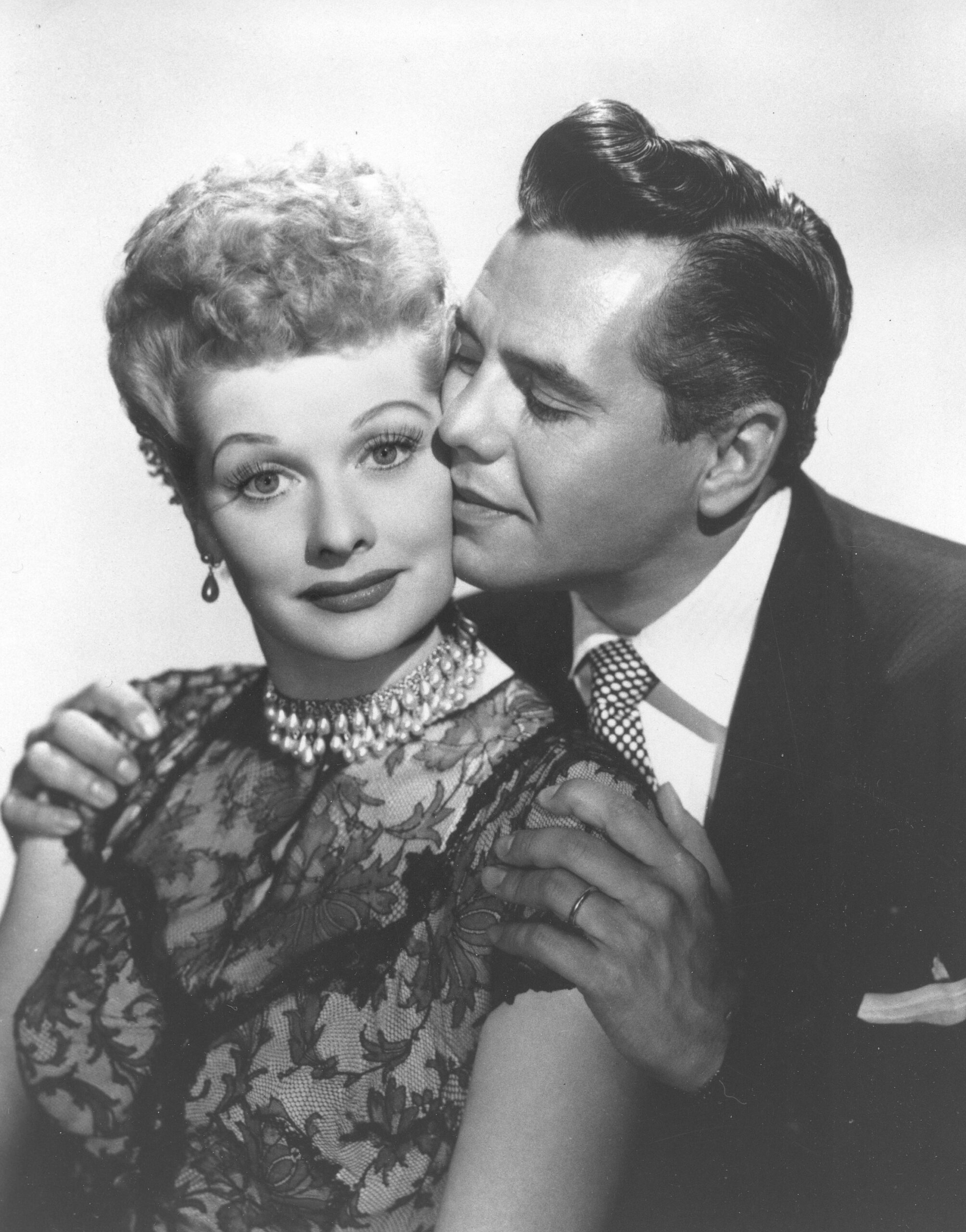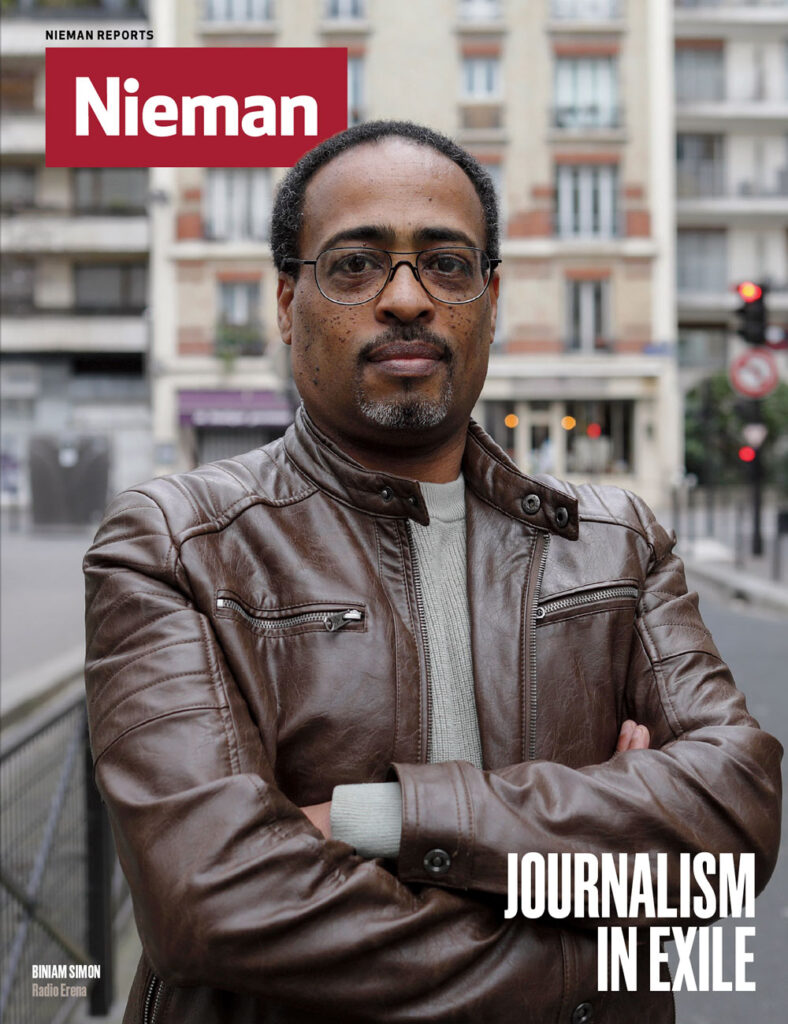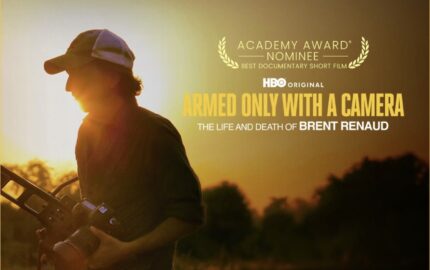Dale Maharidge, NF ’88, researched the television pioneer for Turner Classic Movies
In December 2020, the heart of the pandemic shutdown, I flew to California and checked into a Sherman Oaks hotel. It was nearly empty of customers. A Pacific storm struck that night. I awakened at four in the morning and went out into a howling wind. Trees were down in the road, as I drove toward Coldwater Canyon.
It was good hour to channel the solitude of Lucille Ball at a low point in her career and life, before she found fame with “I Love Lucy,” her hit 1950s television show.
I’d been hired by Turner Classic Movies to research and write scripts for two of 10 episodes for “Lucy,” the third season of The Plot Thickens, “a documentary podcast about the movies and the people who make them.”
I was still new to podcasting. My first one, “The Dead Drink First,” was based on my book “Bringing Mulligan Home,” on a man missing from my dad’s WWII U.S. marine unit.
I was recruited for the Lucy podcast by my Columbia Journalism School colleague Joanne Faryon, the editor and writer on contract with TCM. Joanne teaches a popular podcast class “Shoe Leather” at the school. I was excited to work collaboratively with a larger team assembled for the project.
One of the parts I was hired to research and script was episode five, about Lucy between 1940 and 1950. It was a dark time in Lucy’s life. Desi Arnaz, her husband, was cheating. He was unhappy having his wife support him. One time a valet called him “Mr. Ball.” It angered him. The couple spent very little time together.
In those days, Lucy was the “Queen of the Bs,” low-budget films. They lived on “Desilu Ranch,” a mashup of their names, in the San Fernando Valley. Desi played nights at Ciro’s, the famed Sunset Strip nightclub. She worked days filming on studio lots.
At five in the morning, Lucy was fresh, driving south from Desilu Ranch. Desi was driving north. Tired. Heading home from Ciro’s. Their commute took them over the mountains between Hollywood and the San Fernando Valley.
The canyon road is curving. Coldwater Canyon at this hour in any era is desolate. On the drive up from the Lucy side of the mountain, the lights of the San Fernando Valley seemed very far away.
The only safe spot to park then and now is near Mulholland Drive.
“So we would meet at the top of Coldwater Canyon about five-thirty,” Desi wrote in his autobiography.
I got there at that exact time.
I could imagine her parking. Waiting in the dark for Desi.
Now rain fell. I aimed a shotgun mic at the roof of the rental. Great ambi.
Was Lucy mad at Desi once again for his philandering?
Rain pounded harder on the car’s roof.
Or was she eager to kiss him?
The audio never aired in the podcast. It was cut from the script. But that’s okay.
I needed to be there that night.




